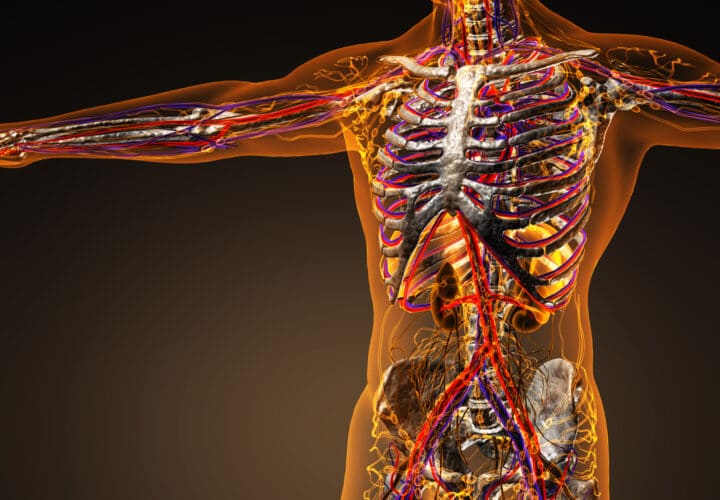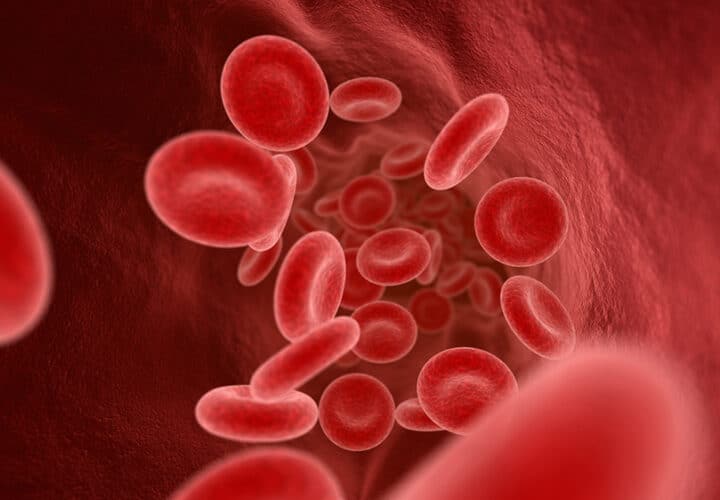November 1, 2017
Since Alzheimer’s was first diagnosed over 100 years ago, scientists have been probing and searching the brain for answers to why and how it develops. But what if they’ve been looking in the wrong place?
That’s what a new study on the origins of Alzheimer’s suggests. The study, conducted by scientists at the University of British Columbia and the Third Military Medical University in China, shows that the nerve damage associated with Alzheimer’s actually starts in the body before it travels to the brain.
To demonstrate how toxic proteins like beta-amyloid make their way to the brain, scientists surgically attached two mice to one another so that they shared the same blood supply, a scientific research technique called parabiosis. One of the mice was genetically modified to develop Alzheimer’s and the other was a genetically normal mouse, which don’t develop Alzheimer’s disease. During the experiment, which lasted several months, the brain of the normal mouse started developing beta-amyloid plaques and tau tangles, two of the biomarkers of Alzheimer’s disease.
Scientists said the proteins entered the normal mouse’s brain through the blood supply of the Alzheimer’s mouse. They also noted other signs of dementia-related damage in the normal mouse: inflammation, microbleeds, brain cell degeneration and impaired ability to transmit the electrical signals involved in learning and memory.
In humans, beta-amyloid is produced in blood platelets, blood vessels and muscles, as well as the brain. Until this experiment, it hasn’t been clear if beta-amyloid produced outside of the brain contributes to Alzheimer’s. According to the researchers, this study shows it can.
“The blood-brain barrier weakens as we age,” said UBC psychiatry professor Dr. Weihong Song. “That might allow more amyloid beta to infiltrate the brain, supplementing what is produced by the brain itself and accelerating the deterioration.”
With this research in mind, Song said a drug that binds to beta-amyloid throughout the body and directs the protein to the liver or kidneys might be able to clear the protein before it reaches the brain.
Read the full study, published in Molecular Psychiatry, here.


